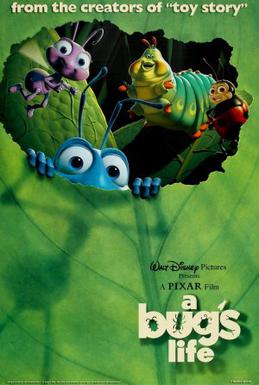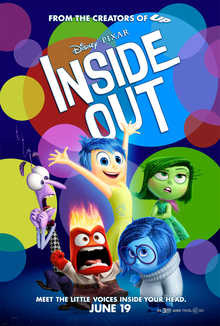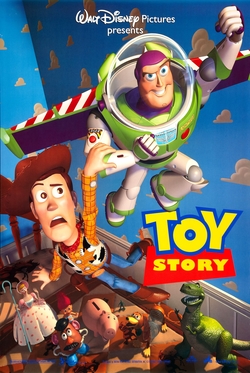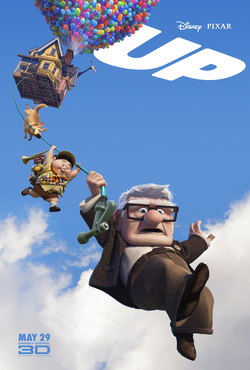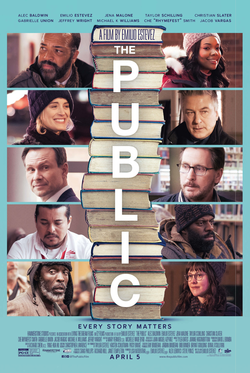Sexuality/Nudity Acceptable
Violence Mature
Vulgarity Mature
Anti-Catholic Philosophy Mature
I do not think it would be a stretch to say that John Wick may be the greatest action franchise of the last 10 years. The first movie was modestly budgeted and made a fair $43 million at the box office. But as more people experienced that movie through home video, appreciation for it grew. The second one more than doubled the first's box office haul and this third one has already made over $100 million more than the first.
SPOILERS FOR JOHN WICK 1 & 2 BELOW
John Wick: Chapter 3 - Parabellum picks up almost exact moment the last movie ends. Because John (an ageless Keanu Reeves) has broken the rules of his assassin society and murdered someone on the sanctuary grounds of the Continental Hotel, he has been "excomunicato" from the society. On top of this, a multi-million dollar bounty is placed on his head. The first act of the movie finds John trying to get out of New York before the excommunicato takes effect. Once the time is up, he has to cut a bloody swath through the streets of the city in order to find any sanctuary and begin his mysterious quest. But the "High Table," the rulers of this assassin society, want to make sure there are consequences to John's actions. They send an Adjudicator (Asia Kate Dillon) to New York. She enlists the aid of Zero (Mark Dacoscos) to help her confront those who have aided John in the past. These include Winston (Ian McShane), the owner of the continental, the Bowery King (Laurence Fishburne), who gave John sanctuary in the last movie, and The Director (Anjelica Houston), to whom John seeks refuge after his excommunicato. Meanwhile, John has crossed the ocean and enlists the aid of Sofia (Halle Berry), the manager of another Continental hotel, to help him track down the "man above the High Table." Together, they also leave a trail of bloody destruction.
If you are someone offended by graphic violence and gunplay, then this movie and the entire franchise are not for you. The body count for this movie is high and it is brutal. But director Chad Stahelski, who has helmed all of John Wick's adventures, gives the movie a strange beauty. At one point John ends up at a ballet rehearsal. It was not lost on me how the graceful choreography of the dancers mirrored the action choreography of the director, only with a higher body count. Stahelski knows how to shoot an action scene and how to keep it interesting. Simply pointing and shooting will get boring after a while. Part of the fun is watching John go into a new location and use that location to take down his enemies. Library? Hit them with a book. Stable? Fatally time the horse kicks. He keeps you on your toes and scratches that violent itch you have when watching.
To be sure, not everyone finds this type of violence entertaining. John himself is disgusted by it, but sees it as a means to an end. He simply wants to survive because as long has he is alive, the memory of his dead wife will live. And everyone he kills in this movie is in self-defense. This lessens the moral gravity of his killing just enough to make it palpable. It also helps that those who are trying to kill him are all evil. The closest John came to being an out-and-out villain was in the second movie, which very adeptly side-stepped that problem. Here, the movie wants you to enjoy guilt-free mayhem.
With each film, the John Wick universe gets more expansive. The shape of the entire society begins to really come into full view. The religious imagery that is present in all of the films is more than just scenery. The hierarchy of the society is analogous to that of the Church. Each territory is like a diocese. The directors of the Continental hotels are like the bishops. The High Table is like the Vatican. There is even an analog to the Pope. The Adjudicator comes down like the Inquisition, bringing people back into line. They are reminded that they are at the service of the High Table. They must pledge, "I have served. I will be of service." This makes John Wick an analog to Martin Luther. He refuses to play by the hierarchy's rules and chooses to live by his own. He chooses freedom over subservience even if the consequences are violent.
I could not tell if this was a thematic attack on the Catholic Church or if the film makers were only using trappings of that ancient institution to show how old and far-reaching the High Table is. Either way, as a Catholic it made me uncomfortable more so than the violence. The religious imagery then lent itself less to redemptive symbolism and more to this dark analogy. At one point, John has the image of an upside-down cross burned into his flesh to signify that he is outcast. Moments like this made it feel more like The DaVinci Code than John Wick, though I don't know how many people in the audience would get it.
In terms of performance, Reeves has lost none of his potency. He is every bit the action star as he ever was. As deadly as John is, Reeves never lets him be a painless Terminator. John is almost routed at every turn. Every encounter takes a little more out of him, with too many close calls. This makes the stakes and the excitement of the action even better. This is also one of the better performances I've seen Berry give in years. She is strong, charismatic, and deadly; she is every bit a match for John on the battlefield. McShane is finally allowed to do more than sagely advise John. This time he has an actual arc, where he must be an active player on the stage. The same is true of Charon the Consierge (Lance Reddick) who also gets into the thick of the action. But my favorite new performance is Dacascos. He has spent most of his career in B-movies and TV shows and is probably best known for his role on Iron Chef America. But here he can let the full use of his actions skills appear on the big screen. He also tempers his deadly assassin with the wide-eyed wonder of a fanboy. Huston adds a nice level of history and gravitas and Fishburne brings a great deal of cynical charm. Dillon's Adjudicator may be there to be hated, but she also had no charisma. She carried with her no existential menace. All she had was the snark of someone above you in middle management.
I honestly don't see this franchise slowing down any time soon. If the quality continues at this level, I will be at opening night to every John Wick movie.




